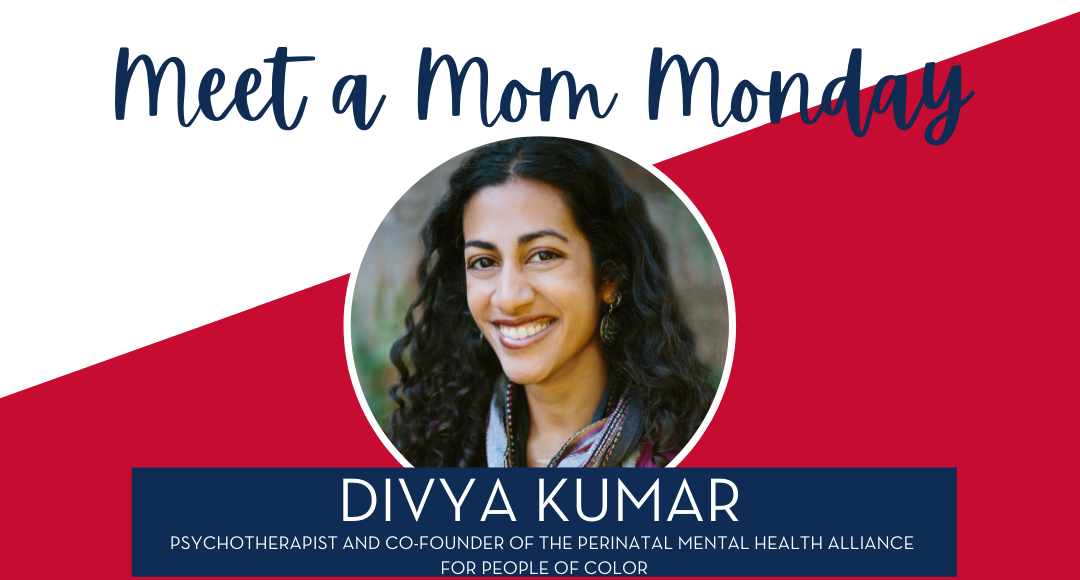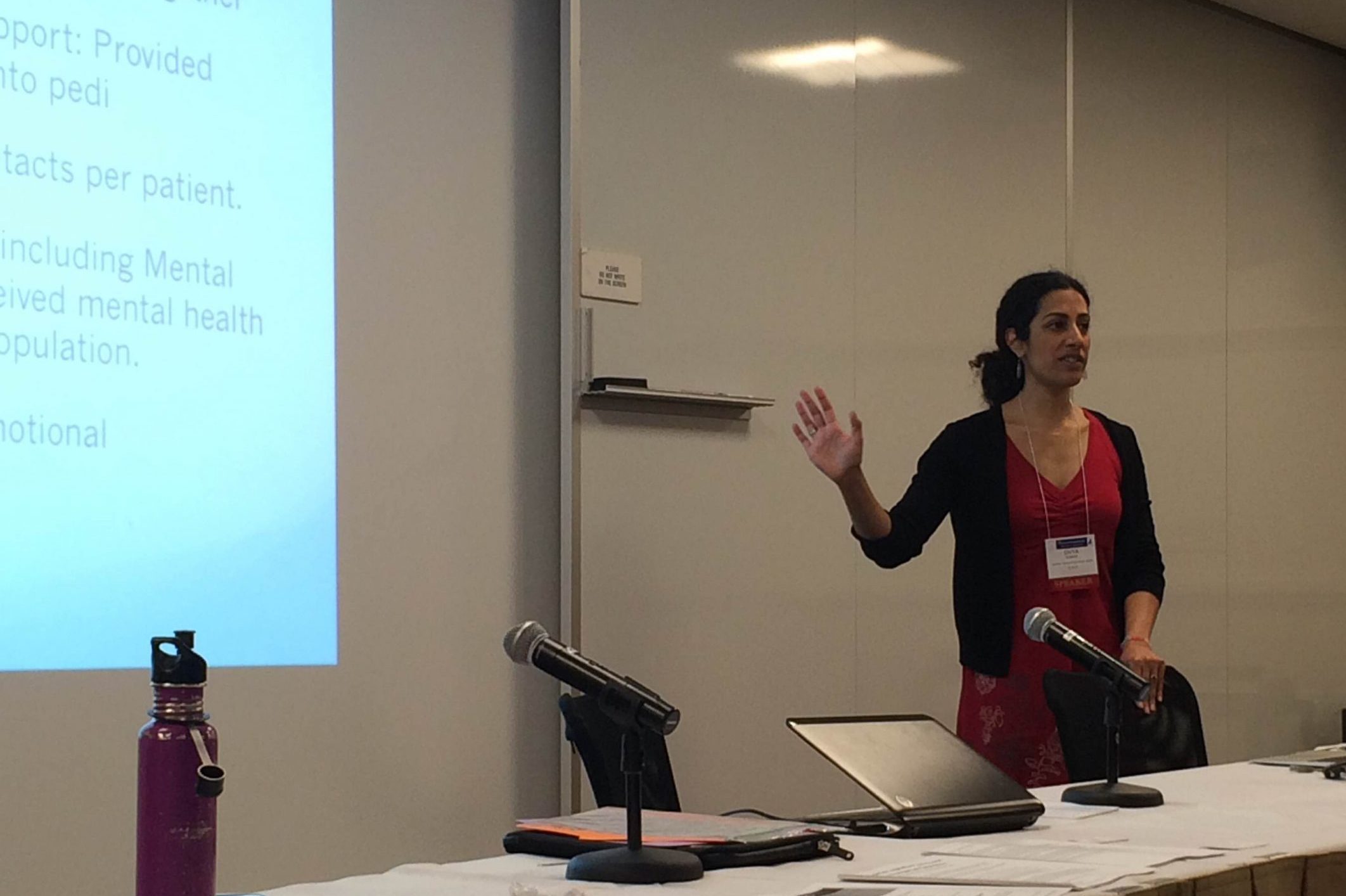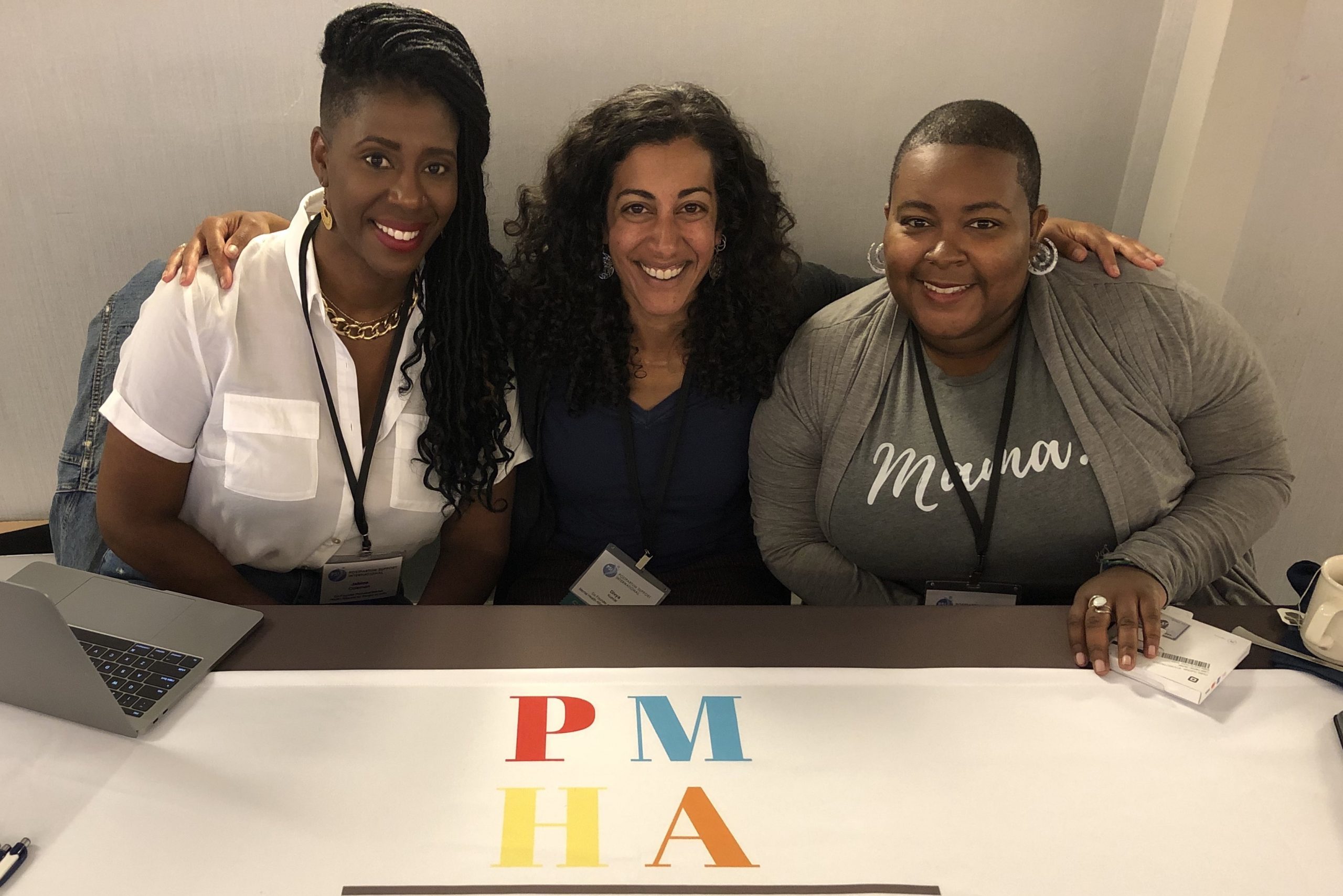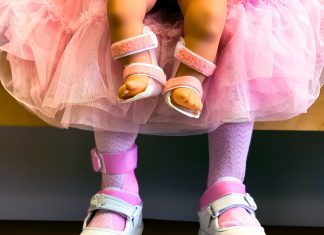Meet Divya Kumar, psychotherapist and co-founder of the Perinatal Mental Health Alliance for People of Color.
Moms don’t get the recognition they deserve! As a business run BY local moms FOR local moms, Boston Moms is excited to showcase the hard work local moms are doing — both at home and in their professions.

Boston Moms is proud to feature Divya Kumar for this “Meet a Boston Mom Monday!” Divya is a vital member of the community, where she works as a psychotherapist helping clients transition to parenthood.
We asked Divya to share a bit about herself. Get to know her here!
Name: Divya Kumar
Occupation: Psychotherapist at The Leggett Group
Children: I have a 13-year-old son and an 11-year-old daughter.
Hometown: Norwalk, CT
Favorite local restaurant: There are so many lovely spots in Jamaica Plain to choose from! I like Vee Vee, Tres Gatos, Little Dipper, and JP Seafood. It’s hard to pick just one!
Favorite local business or brand: Our local woman-owned bookstore, Papercuts.
Tell us a bit about your work/job: I am a psychotherapist in a group practice based in Roslindale. When the COVID pandemic happened last year, I began working from home and providing services via telehealth. I primarily see perinatal clients and folks who are dealing with challenges around the transition to parenthood, and I also specialize in working with folks who have trauma histories. Many of my clients are BIPOC and folks who are children of immigrants.

Talk to us about where you see trauma popping up within the realm of parenting: Parenting can be really triggering. All the experiences in our lives that were hard and we did not fully process and heal from — we carry all those experiences and feelings with us, and we store all of those memories and feelings in our bodies and brains. It’s part of the house we live in.
When we are pregnant and when we have children, some of these feelings and memories can get activated in ways we did not anticipate, and it can be surprising, shocking, and dysregulating to have some of these feelings come roaring back in a way that can feel unwanted or disruptive. So many things in our pasts that we may have put away in our minds can come back into view and/or may become visible in a new way that feels hard to manage — our struggles with eating and food, our history of sexual abuse, our experience with race-based trauma, our sensitivity to loud noises, our challenges being in our own bodies, our feelings of shame and blame. It’s like we have a hornets’ nest full of intense things that is getting jostled by having a new baby, and all of a sudden, a bunch of hornets are buzzing around, causing distress.
Also, folks who have experienced trauma, especially as children, may have challenges with regulating their own emotions and managing intense feelings, and parenting babies and small kids (and even tweens and teens!) involves dealing with many big, intense feelings from children. If we didn’t learn emotional regulation skills, it’s harder to provide that regulation for our kids. Many folks choose to engage in therapy for the first time or may re-start therapy around the time they are planning a pregnancy or recently welcomed a baby into their family since trauma histories, as well as feelings and reactions connected to those histories, may surface and resurface around the transition to parenthood.
What about your work is the most fulfilling? I love holding space for people to wonder, process, reflect, unpack, and unload. Therapy is a place where you can vent it all out and lay down some of the heavy things you are carrying. We all carry so much with us and store so much in our bodies and bones, especially now in these extenuating and stressful circumstances we live in.
So many folks have experienced so many hard things — in their families, in their homes, in relationships, with parenting, in surviving interpersonal and systemic racism and oppression, financial struggles, you name it. And many folks have never had the space to unload all of it and have someone bear witness to what they have experienced and provide a space for them to reflect on it, make sense of it, feel all the feelings they have had to block out in order to keep going and move toward healing. Particularly, folks who have experienced trauma and/or who have marginalized identities — they may not have ever had a place where someone could hear their experience and validate it as something that makes sense.
Being able to hold space for people to talk about their experiences and feelings and help them feel like they are not carrying so many hard and heavy things alone is a real honor.
You mentioned that you spend a lot of time working with children of immigrants who are now parents themselves. Can you tell us more about that? I love working with clients who are children of immigrants, and I do a lot of work around unpacking and examining the cultural narratives of struggle and sacrifice that many children of immigrants, including me, were raised with. Especially during the transition to parenthood, it can be helpful to examine cultural ideas of what it means to be a mother, what it means to be a “good mother,” and how all these ideas may impact mental health.
Many children of immigrants were raised with this “just gut it out and pull yourself up by your bootstraps” mentality and were told things like “we came here with nothing so you could have everything, so the only thing you can feel is gratitude.” And that narrative leaves no room for any other feelings. I see many new parents who are children of immigrants talk about how they have “no right to be sad” because their parents and families struggled so much and they don’t want to disappoint their families or appear ungrateful.
The reality is that perinatal emotional complications like depression, anxiety, and OCD are the most common complications of childbirth (between one in seven and one in five people will experience a perinatal mood or anxiety disorder). And this “bootstraps” narrative undermines someone’s ability to connect with their feelings and seek support. A big piece of what I do with these clients is help create different narratives and practice holding multiple truths at the same time; for example, talk about how we can be grateful for everything our parents did for us and also have negative feelings around being a new mom. One thing doesn’t have to negate the other; both things can be true.
Talk to us about the Perinatal Mental Health Alliance For People of Color. What kind of work do you do there? I am one of the co-founders of the Perinatal Mental Health Alliance for People of Color (PMHA-POC), which is a part of Postpartum Support International (PSI). One of the reasons behind the creation of PMHA-POC in 2017 was to build capacity within the perinatal mental health field to better represent and meet the needs of BIPOC families and communities. An important piece of the alliance’s work is raising funds for scholarships for BIPOC providers to attend trainings in perinatal mental health; the end goal here is having more BIPOC perinatal mental health providers so that BIPOC can see themselves in this professional field and can have the option of seeing a BIPOC provider.

What is the one thing that surprised you the most about motherhood? So many things! When I first became a mom, I was shocked by how much I didn’t know. I felt really incapable, unsure, and incompetent, and I felt like I was always doing something wrong. What has been surprising over the years is that being a parent is dynamic and always changing, and there are always opportunities to do things differently, try another approach, and feel more comfortable with the process of parenting. So perhaps that has been the most surprising thing — figuring out that parenting is a dynamic process and is always evolving and changing.
What is one piece of advice you’d offer another working mom? Be gentle with yourself. Every mom is working — whether it is inside the home, outside the home, or both, and most moms feel pulled and stretched between many responsibilities, largely due to the ridiculous expectations created by our capitalist culture. I see many moms who feel like they’re not doing enough or should be doing more. We are quick to criticize ourselves, so I encourage all mamas to be gentle and compassionate with themselves.
What is your favorite kind of self-care? During the past year, my favorite self-care has been long walks in the green spaces in my neighborhood. Sometimes I listen to music, and sometimes I don’t. It’s good for me to breathe the air and feel my feet on the ground and let all the heaviness go for a bit.
What other women inspire you? One of the many reasons I love my work is that I am inspired by so many of my brilliant, innovative colleagues.
Nashira Baril is a dear friend and colleague who is in the process of creating Boston’s first free-standing birth center, Neighborhood Birth Center. She is a true visionary and is building the birth center with equity at its center in order to make reproductive justice a reality for all families. Leena Mittal is another dear friend and colleague who is the chief of women’s mental health at Brigham & Women’s Hospital. She’s a leader in the perinatal mental health field, specifically around integrating substance use treatment programs into existing perinatal health systems. Her work increases access to vitally important services for pregnant people who struggle with substance use issues.
Where can we find you online or on social media? Follow me on Instagram!














